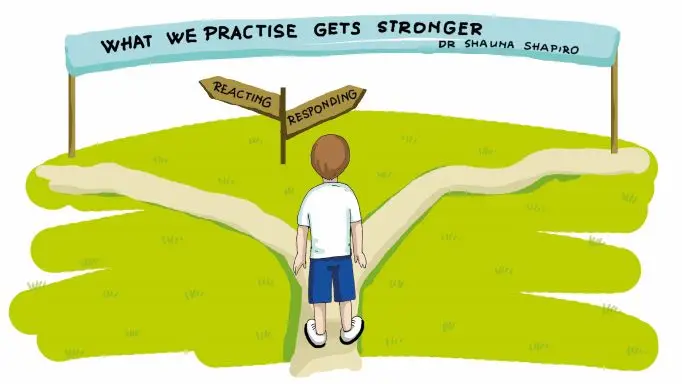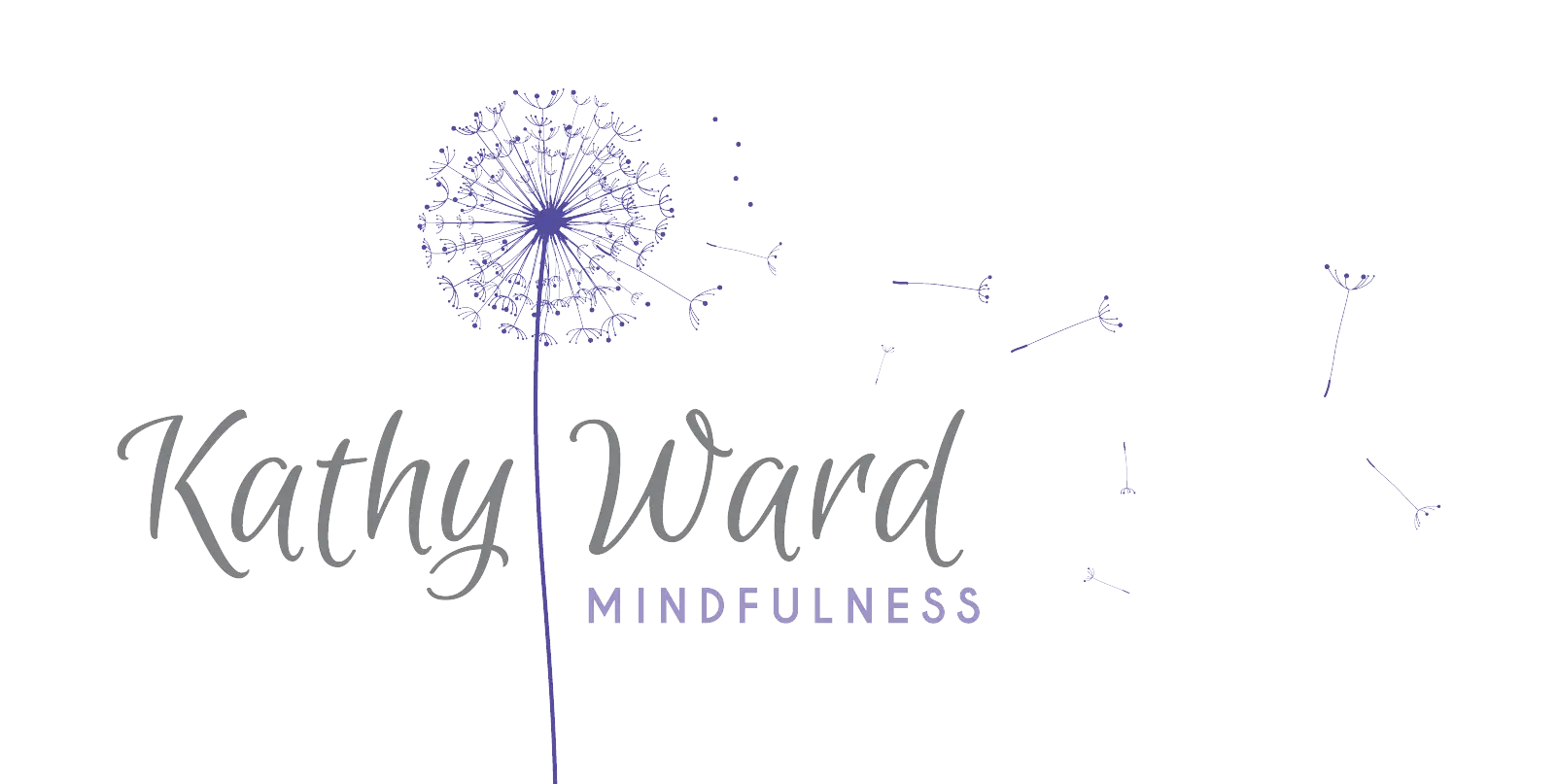Is Mindfulness Safe?

If you are reading this, you may be wondering if Mindfulness is Safe, and if is it right for you. This page will help you find out.
The practice of mindfulness has many benefits, but it is not for everyone, because despite what you read on social media and the rise of mindfulness for everything, the fact is that practice presents its own set of challenges. We strongly suggest that you read this page, and then discuss any concerns you may have with Kathy Ward, your Doctor, and/or your Therapist before practicing, or signing up for a course, or coaching.
The courses we offer are Trauma-Sensitive, so in general, we are often able to support those who otherwise would not able to take a course, and we offer a free initial consultation giving you time to explore if this is the right course, and right time for you.
In general, research shows that Mindful Coaching, 8-week Mindfulness-Based Stress Reduction, and 8-week Mindfulness-Based Cognitive Therapy may not be suitable for those with:
- Severe problems or vulnerabilities.
- Active or recent physical addiction to alcohol or drugs. You may be interested in exploring Mindfulness-based Relapse Prevention which has been developed specifically for people who are working with the tendencies to misuse substances. A 1-1 mindfulness-based course may also be appropriate, please discuss this with Kathy Ward.
- Post-Traumatic Stress Disorder: You must discuss this with Kathy Ward so that we can see if it is the right time for you to take the course. You also need to understand what the course involves and know that it is always OK (and permit yourself) to drop out of the course if you find it unhelpful.
- Acute depression. Depending on where you are now, Mindfulness-based Cognitive Therapy MBCT may be more helpful for you, please discuss this option with Kathy Ward.
- Severe social anxiety which would make attending a class very stressful, a live online course may be more suitable for you at this time.
- Acute illness (or even acute attack of existing illness) If you are dealing with high levels of stress, and getting used to dealing with a new and different way of being, it is generally not a good time to learn mindfulness-based practices. However, it may be of benefit to help you manage your illness once you have had time to process the diagnosis. Kathy Ward is also able to offer you Mindfulness-based Cognitive Therapy MBCT for acute illnesses such as cancer and other major diagnoses.
- Life crisis: Recent severe loss such as bereavement, divorce, cancer, or other major diagnoses. At these times it is our experience that people are in too raw a state of distress to find a course helpful, it is usually not a good time to take a mindfulness-based course. Pre-existing mindfulness practice is very helpful in dealing with strong, raw feelings such as grief, shock, and anger, but these are usually too overwhelming for people to learn how to mindfulness-based practices while dealing with them in the first instances. The recommendation here is that you would be well advised to wait till you have worked through the acute stage of the grieving process and are more settled with the loss or diagnosis.
- Suicidality
- Psychosis
Psychosis, schizophrenia, etc. mindfulness-based practice is unlikely to help and may cause harm - Early trauma, past abuse, and dissociative disorders: These are an indication to move into mindfulness-based courses with great care. A live online 1-1 course may be more appropriate than a group course however each person is unique, so please discuss this with Kathy Ward.
As you can see, there are times in our lives when mindfulness may not be safe for us, and when it would be better to find alternative support, although remember that we are all unique, and just because you tick a box, it does not necessarily mean that mindfulness-based practice would not be a benefit for you.
Please take advantage of the no-obligation, free pre-course meeting as it is the ideal time to discuss any concerns you have with Kathy Ward or a member of the International training team so together you can decide if it is the right time for you to take a mindfulness-based course.
You may also like to read THIS article by leaders in the Mindfulness field Ruth Baer and Willen Kuyken that explains more about the three key dimensions of a safe Mindfulness practice.

